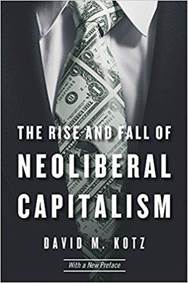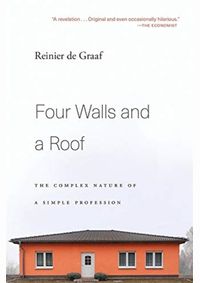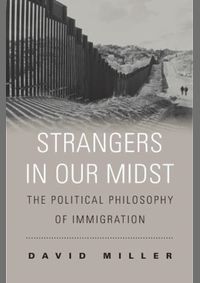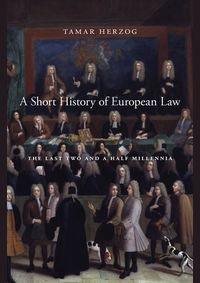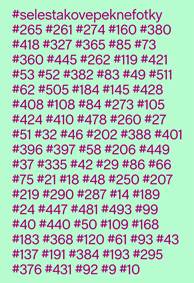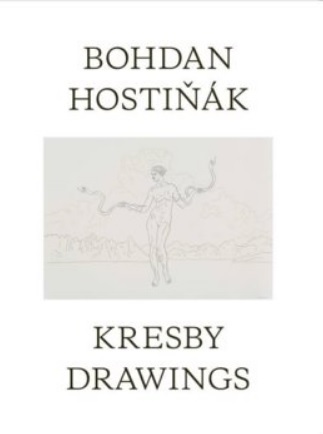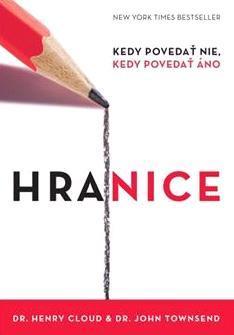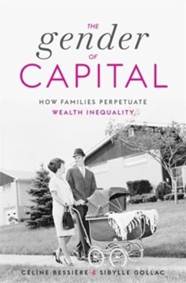
The Gender of Capital
- Iniciace (Sborník pro esoterní chápání života a kultury)
- Nemes Roland
- Andrea Burgetová
- Miroslav Huptych Jan
- Panenková Duňa
- Miroslav Slavkay
- Rodale Press Inc.
- Václav Baxa
- Spyriová Johanna
- Jiří Veselý
- Graham Lawton
- Aleš Vémola
- Karol Tauber
- Zuzana Křížová
- Tara Altebrando
- Katatonia
- Jewison Norman
- Miroslav Salava
- Miloslav Moulis Roman
- Nina Svobodová
- Jessica Morgan
